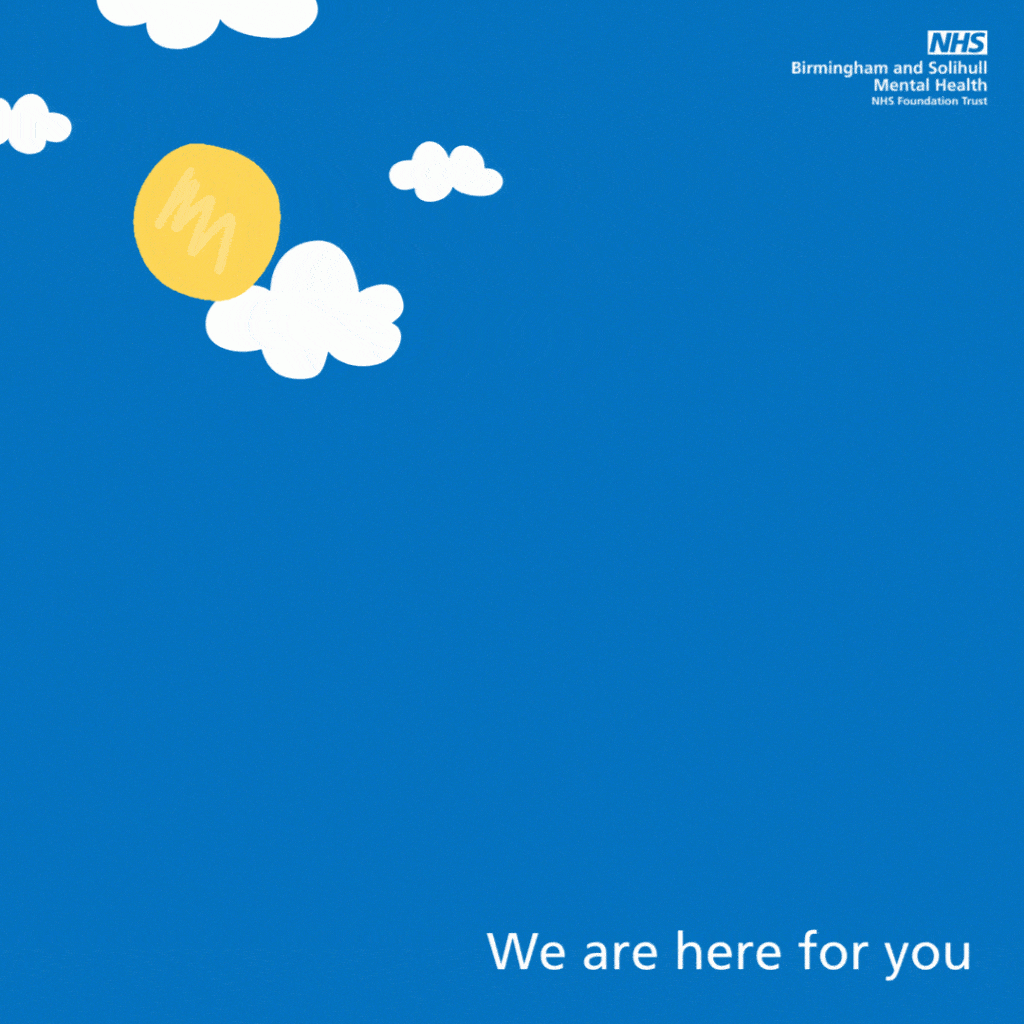We are living in uncertain times, and it’s okay to not be okay.
Increasing cost-of-living pressures can lead to more financial stress, so knowing ways to look after your mental health when dealing with money problems is more important than ever.

Our mental health might be affected by money problems in different ways, for instance:
- Stress, worry or anxiety because we do not have enough money (financial anxiety)
- A low mood or feeling depressed about money
- Lower self-esteem, or feelings of guilt or shame if we’re not earning enough or currently unemployed
- Sleep problems
Ways to care for your mental health when you have financial worries.
- Be kind to yourself – Self-compassion is vital for our mental wellbeing, especially in tough times. Try to treat yourself kindly and avoid negative self-talk or unhelpful thoughts. It can also help to remember that things change. Try cognitive behavioural therapy (CBT) techniques, such as focussing on what you can control.
- Talk about your money issues – It can help to talk about your money worries with someone you trust, like a friend or family member. You might prefer to talk to someone confidentially, perhaps to work out how you feel right now or what to do next, like getting money advice. Citizens Advice has provided useful information on their website.
- Try relaxation techniques – Taking time to pause and focus on our breathing can help us feel more present – even taking a few deep, slow breaths in and out can help.
- Face unemployment fears – Our mental wellbeing can take a hit if we are not working. A job is often vital to our financial wellbeing and security – and our self-esteem. Taking practical steps for our mental health, which we use every day, can help us build resilience. This could include having a good self-care routine, exploring unhelpful thoughts, and looking for solutions to problems that are within our control.
Find more support and advise on Better Health’s webpage today.



Published: 19 April 2024









